By Daily Sports on February 16, 2017

I’ve been thinking about the qualities that coaches look out for in young footballers, especially at the grassroots level, for a while now. And it’s been hard work coming up with this list. There was a lot of debate and discussion within our community of coaches and this is what we’ve come up with. It’s not like it’s a final, conclusive checklist. At best, it may be something you can refer to going forward. At worst, it may incite you enough to write a nasty comment below.
What’s most important for us, as soccer parents and coaches, is to air our thoughts about this often neglected conversation in grassroots and youth football circles, especially in Nigeria. So here goes this piece gotten from www.grassrootsfootball.in
1. Enthusiasm: Probably the most fundamental quality we look out for in players is their appetite for the game. The kids we love to have at our sessions are those who enjoy themselves and have an innate passion for the sport. Undoubtedly, parents and coaches play a significant role in building this enthusiasm, but there are always some children without whom the session isn’t the same; Personalities who bring a special energy to training that is necessary for a good session and good football.
2. Determination: You know the kids who will track back when the ball is given away or the ones who chase ‘lost causes’? There’s something special about that profile of child. It’s an attitude that they typically don’t just demonstrate in games, but also when mastering skills. It takes persistence and a never-say-die attitude to succeed in football, and there are definitely some who are naturally gifted with that mindset.
3. Fearlessness: Another absolutely massive attribute. It’s the willingness to try new things, experiment and push the boundaries even if it means failing plenty and often before actually succeeding. How else will kids ever learn the rabona or the elastico or the rainbow? A different aspect of this quality is the courage to face any opposition and have the belief that s/he can compete and give the opponents a proper game.
4. Physical Coordination: Good eye-hand coordination, quick feet and balance comprise ‘physical coordination’ for us at a grassroots level. While this can certainly be developed over time, there are some players who are blessed with better coordination than others. And it reflects in the way they work on their exercises during training. Given the right attitude, their performance enables coaches to set a higher standard for matches and training.
5. Responsibility: This quality sets apart the leaders from the rest. We see it when we’re picking up cones and markers after training or even collecting balls. These are the kids who will rush to help, look out for stuff even we inadvertently forget things because it’s been a hectic day! More importantly, responsible players take the initiative on the pitch and talk up the team even when things aren’t going as planned.
6. Awareness: The best players have a fantastic awareness of themselves, their teammates, the opposition and space. True, this quality is also a function of experience, but there are some players whose superior game awareness enables them to take better decisions than others, make passes that nobody else sees and create space through intelligent movement.
One of the most interesting thoughts on coaching in this regard was expressed by Tottenham Hotspur defensive midfield revelation, Eric Dier, during a recent interview. This excerpt about his days at the Sporting Lisbon youth academy really stood out for us:
“It’s a very relaxed approach at Sporting in terms of football. They pride themselves on bringing you up as a polite and respectful person. They would never get angry with you if you missed a pass, but they would do if you were disrespectful to someone. There was no shouting. I hear a lot that that is the case in England. A good player for them was someone who could understand when they made a mistake and correct it for themselves. When I first came to England to play, I saw coaches having a go at players when they made mistakes and they would literally be talking them through the game. In Portugal, the coach would sit on the bench and not say a word. We’d just play. It was a matter of us making mistakes and learning from them by ourselves. You understand the game a lot better that way. For me, the sign of a bad player is someone who makes the same mistake twice.” This is a fabulous perspective and incredibly valuable input for all of us parents and coaches.
Source Daily Sports
Posted February 16, 2017
You may also like...

650 NAF personnel to participate in inter-command combat...

Europa League last-32 draw: Arsenal must overcome Olympiacos...

Afelokai targets elusive cup glory with Enyimba

Troost-Ekong’s Biggest Problem Is Decision Making Says Sherwood...

Ronaldo, Messi, Neymar make FIFA top three

Leverkusen Cruise Through, Hoffenheim Need Penalties

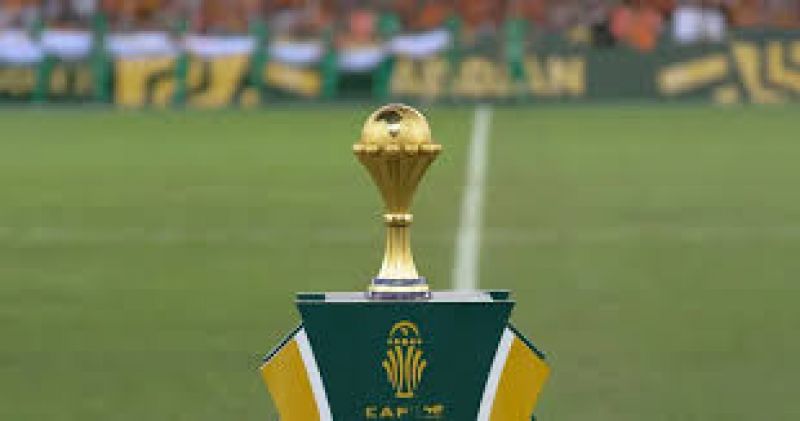 AFCON 2025 highlights: World-class stadiums, VAR drama, record attendance
AFCON 2025 highlights: World-class stadiums, VAR drama, record attendance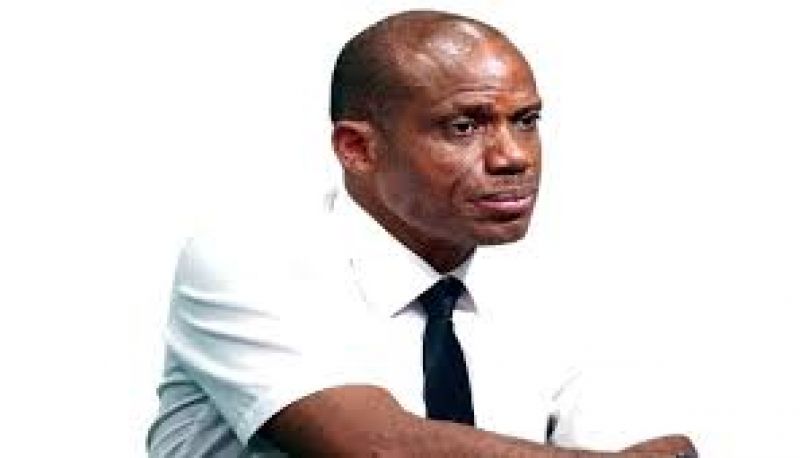 Oliseh slams Osimhen for costing Eagles’ AFCON trophy
Oliseh slams Osimhen for costing Eagles’ AFCON trophy 3000 athletes, officials for Niger Delta Games in Edo
3000 athletes, officials for Niger Delta Games in Edo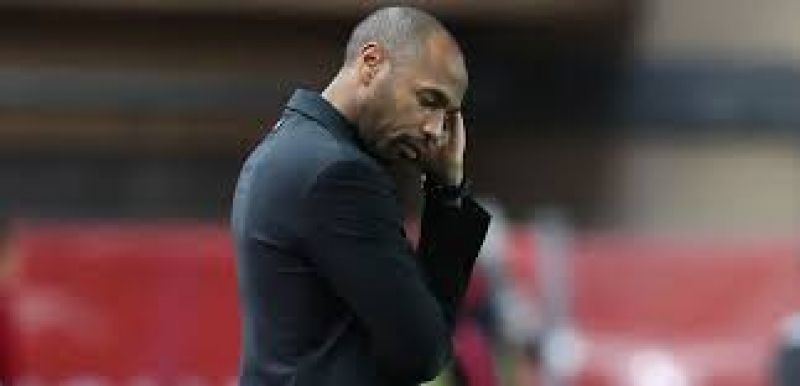 AFCON refs not up to standard – Henry
AFCON refs not up to standard – Henry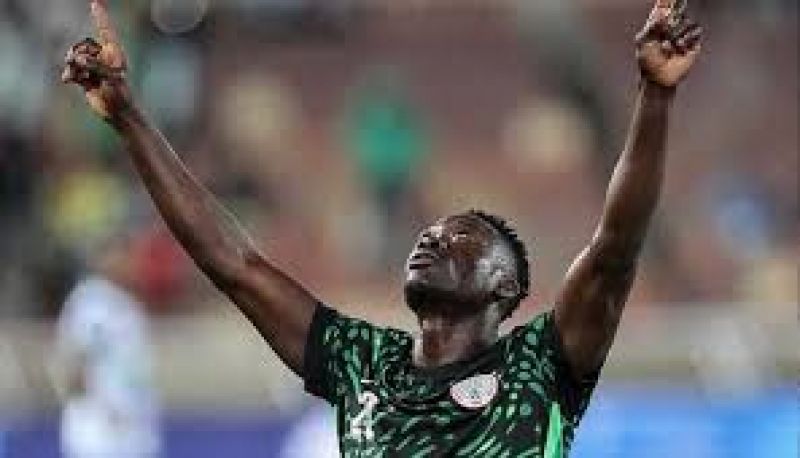 AFCON 2025: Akor Adams’ goal named among CAF’s top five
AFCON 2025: Akor Adams’ goal named among CAF’s top five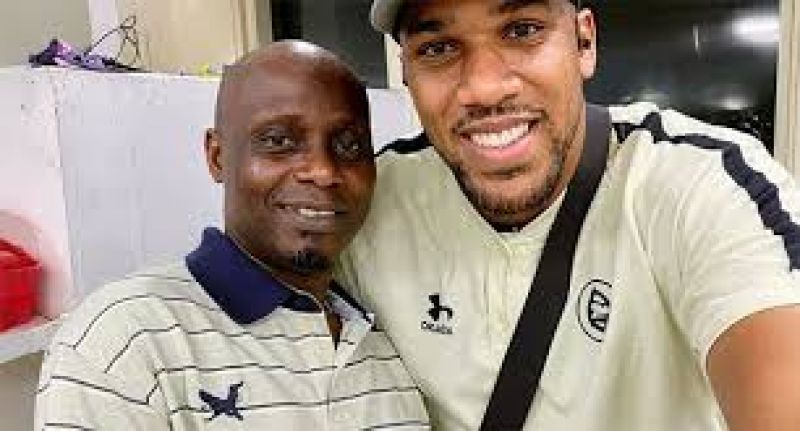 Joshua won’t want driver in jail – Uncle
Joshua won’t want driver in jail – Uncle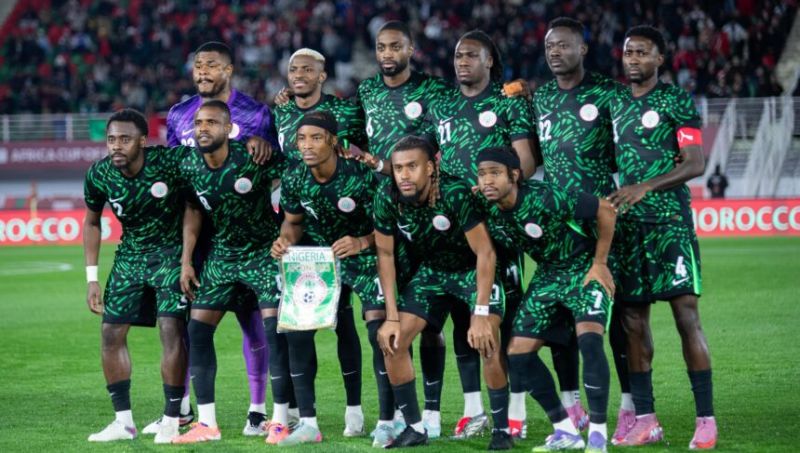 NOC's Gumel hails Super Eagles' Triumph of Character, Transformation to secure AFCON bronze medal
NOC's Gumel hails Super Eagles' Triumph of Character, Transformation to secure AFCON bronze medal  Significant milestone as Nigeria's Gumel welcomes Oyedeji into IOC
Significant milestone as Nigeria's Gumel welcomes Oyedeji into IOC AFCON 2025 Final: CAF Referees' Committee On Trial
AFCON 2025 Final: CAF Referees' Committee On Trial 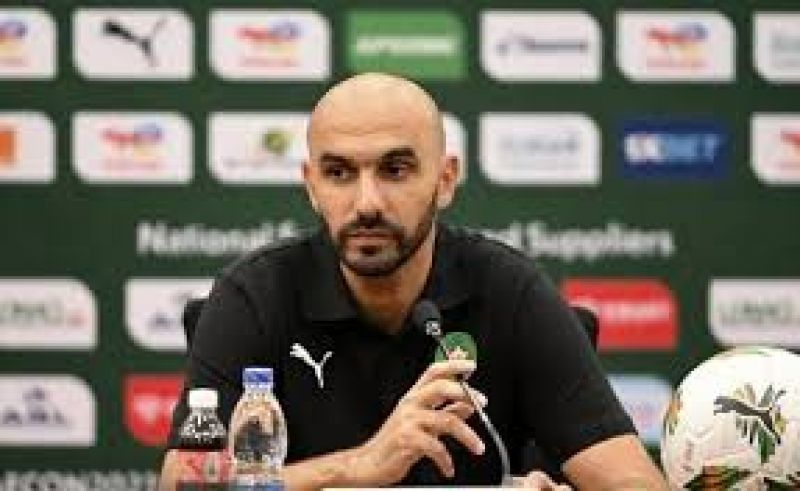 Regragui slams referee for poor final officiating
Regragui slams referee for poor final officiating Senegal team returns home, presents AFCON trophy to President
Senegal team returns home, presents AFCON trophy to President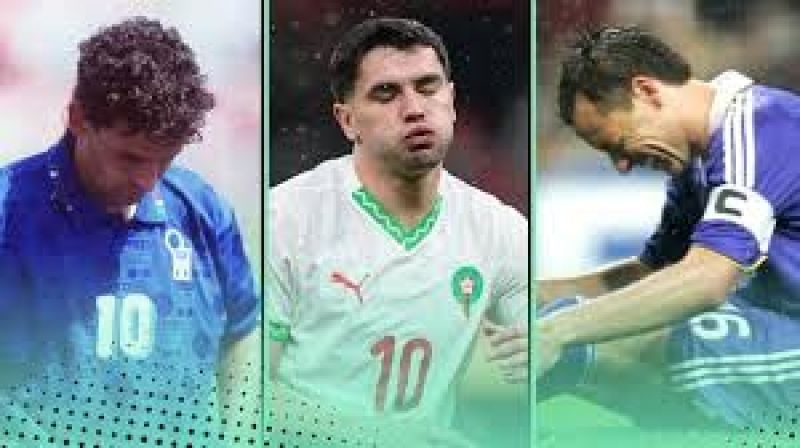 FULL LIST: 10 players who missed crucial penalties on football's biggest stages
FULL LIST: 10 players who missed crucial penalties on football's biggest stages Rangers International going, going . . . (63,488 views)
Rangers International going, going . . . (63,488 views) Amaju Pinnick: A cat with nine lives (54,781 views)
Amaju Pinnick: A cat with nine lives (54,781 views) Second Term: Amaju Pinnick, Other NFF Heavyweights Home to Roost •How Pinnick Broke the Jinx (52,676 views)
Second Term: Amaju Pinnick, Other NFF Heavyweights Home to Roost •How Pinnick Broke the Jinx (52,676 views) Current issues in Nigerian sports: Matters arising (52,342 views)
Current issues in Nigerian sports: Matters arising (52,342 views) Sports Development: Zenith Bank on the zenith (52,272 views)
Sports Development: Zenith Bank on the zenith (52,272 views) Missing $150,000 IAAF Grant: Solomon Dalung’s Hide and Seek game (52,183 views)
Missing $150,000 IAAF Grant: Solomon Dalung’s Hide and Seek game (52,183 views) Gov. Abdullahi Ganduje’s solid footprints, commitment to sports development in Kano State (52,045 views)
Gov. Abdullahi Ganduje’s solid footprints, commitment to sports development in Kano State (52,045 views) NFF Presidency: Pinnick, Maigari, Ogunjobi, Okoye in Battle for Supremacy (51,601 views)
NFF Presidency: Pinnick, Maigari, Ogunjobi, Okoye in Battle for Supremacy (51,601 views) Olopade, BET9A wave of revolution in NNL (50,780 views)
Olopade, BET9A wave of revolution in NNL (50,780 views) Commonwealth Games 2018: Shame of Muhammadu Buhari, Solomon Dalung (49,307 views)
Commonwealth Games 2018: Shame of Muhammadu Buhari, Solomon Dalung (49,307 views) Ibrahimovic’s Man U exit: Whose decision is it? And in whose interest? (47,700 views)
Ibrahimovic’s Man U exit: Whose decision is it? And in whose interest? (47,700 views) John Mikel Obi: Segun Odegbami’s Outrageous Call! (47,167 views)
John Mikel Obi: Segun Odegbami’s Outrageous Call! (47,167 views)